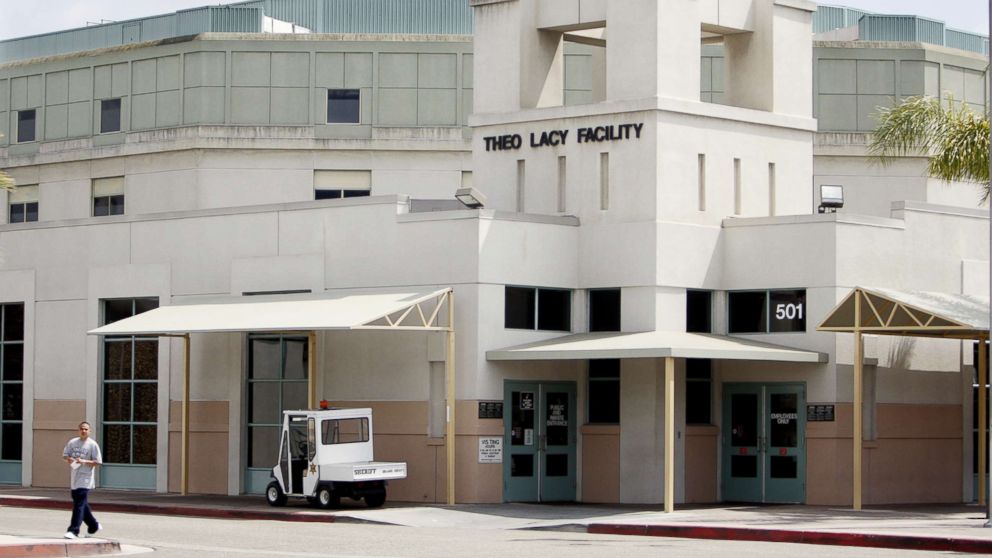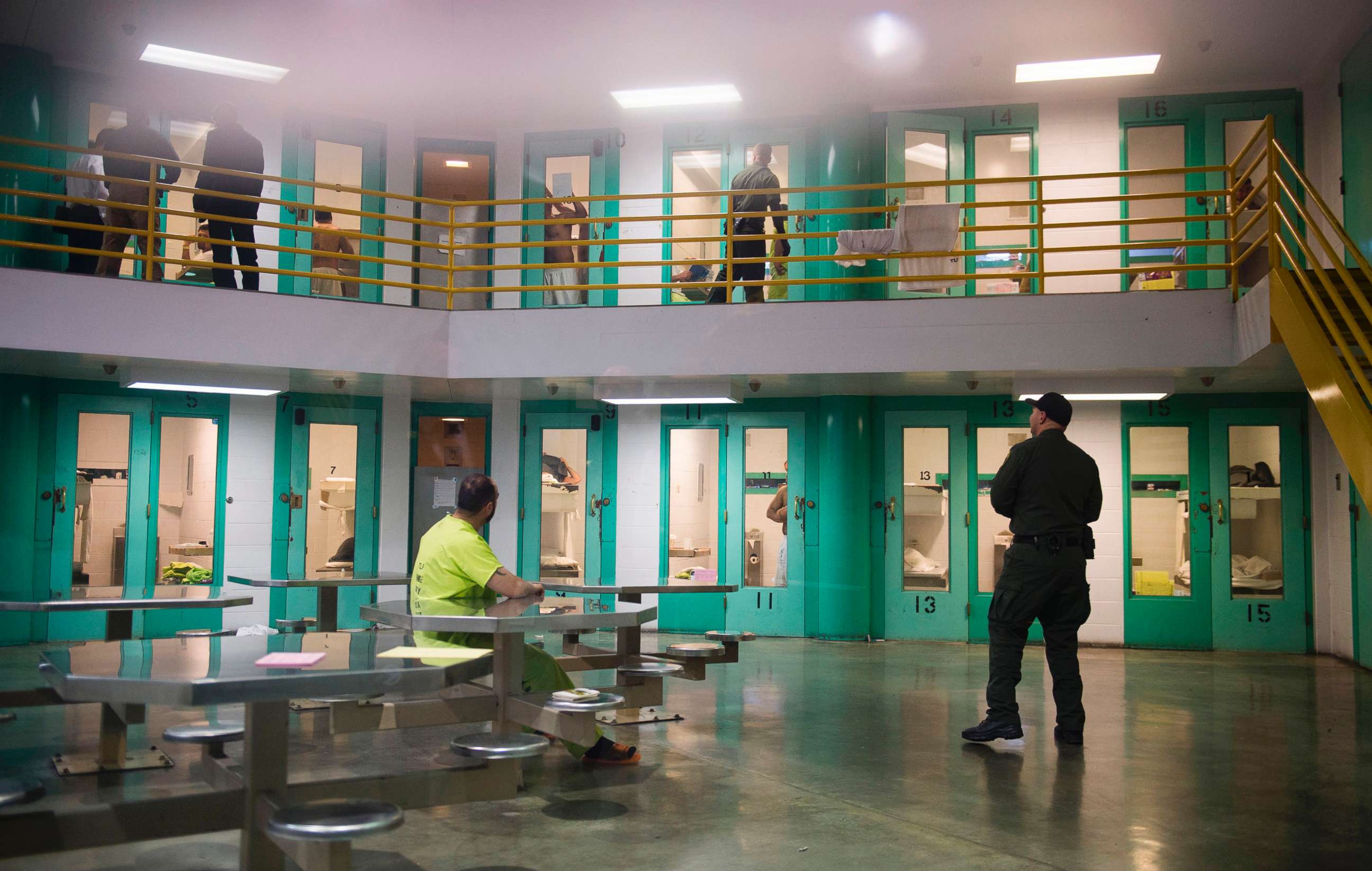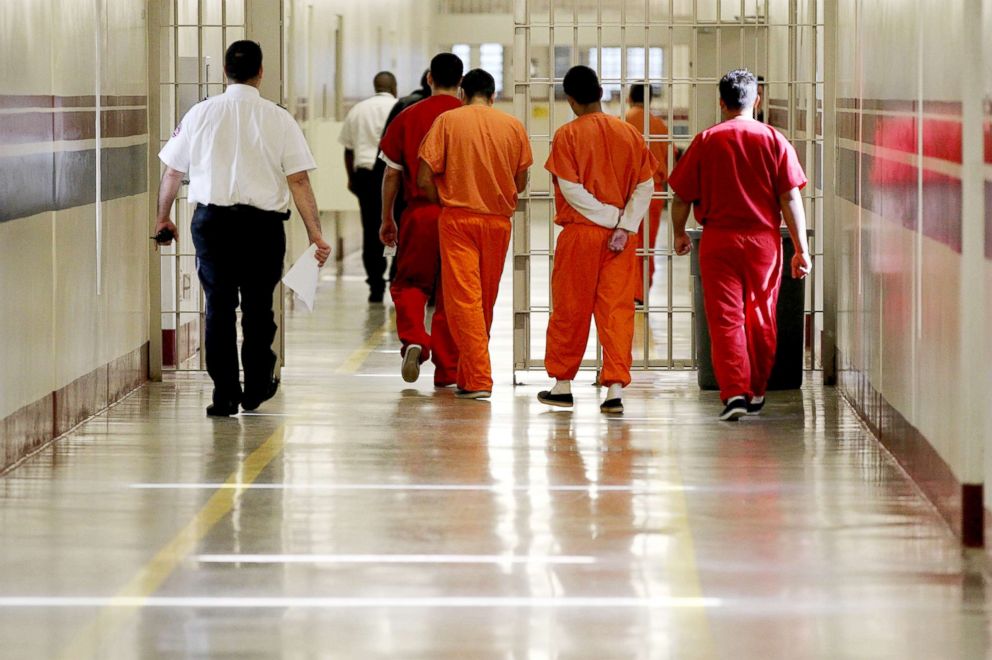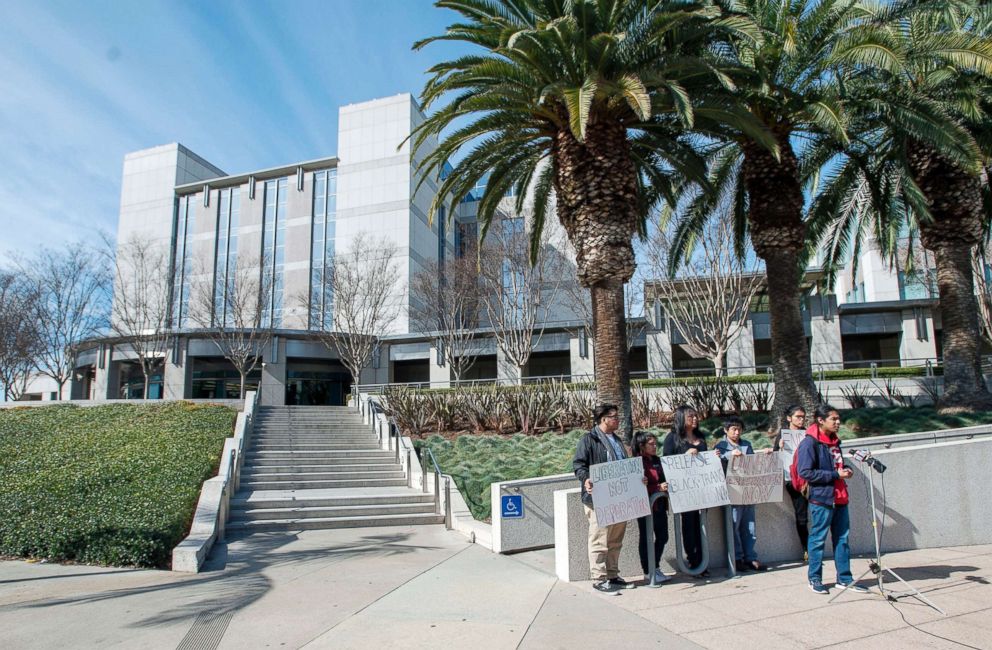ICE detention facilities had insufficient protection of detainee basic rights, says IG report

— -- Multiple Immigration and Customs Enforcement (ICE) detention facilities were found to have problems with basic detainee rights, humane treatment and health and safety, according to a report released this week by the inspector general for the Department of Homeland Security.
The violations varied from facility to facility, but included underutilized language services, lack of respect and professionalism, potentially unsafe and unhealthy detention conditions and, at one facility, all detainees were strip-searched when they entered.
"Overall, the problems we identified undermine the protection of detainees’ rights, their humane treatment, and the provision of a safe and healthy environment," reads the report.
The watchdog made unannounced visits to six faculties used to house ICE detainees and based its findings on observations, interviews with detainees and staff, and a review of documents.
The inspector general found "significant issues" at four of the five facilities, which raised concerns about the treatment and care of ICE detainees. Only the Laredo Processing Center "modeled quality operations," during inspections.
One of the facilities was reviewed earlier this year in a "management alert," which is used to inform senior DHS leadership when the IG believes there is an "immediate and serious" threat of waste, fraud and abuse.
After that report was issued in March, the sheriff’s office that runs the facility, said that all of the concerns alleged by the inspector general "have been addressed."

This new report focuses on five additional facilities.
At one detention center, staff misclassified some detainees with high-risk criminal convictions and housed them with low-risk detainees. At others, language assistance was not always provided to detainees, even though it’s required. And detainees at some facilities reported long waits for medical care, including instances of detainees with painful conditions, such as infected teeth and a knee injury, waiting days for medical intervention, reported the IG.
According to ICE, the agency ensures that detention facilities comply with detention standards through an aggressive inspections program.
For example, the custody management division schedules and oversees formal facility inspections, the majority of which are conducted by a third-party contractor.
Facilities that receive a less than acceptable rating must be scheduled for a follow-up inspection within six months, according to ICE.
If a facility receives two consecutive final ratings of less than acceptable, ICE must discontinue use of the facility.
“Based on multi-layered, rigorous inspections and oversight programs, ICE is confident in conditions and high standards of care at its detention facilities. To ensure the safety and well-being of those in our custody, we work regularly with contracted consultants and a variety of external stakeholders to review and improve detention conditions at ICE facilities. As such, ICE concurs with the IG’s recommendation to further enhance compliance monitoring as part of our already robust inspections program,” said a spokesperson for ICE in a statement.

This report comes at a time when apprehensions at the southwest border are at all-time lows, but immigration arrests by ICE throughout the U.S. are up 30 percent over last year – a three-year high.
Immigration enforcement has been a top priority for the Trump administration and its been largely carried out by the agents and immigration officers at ICE.
ICE detainees are held in civil, not criminal, custody, which is not supposed to be punitive.
Based on hotline tips, open-source reporting and professional judgment, the inspectors made unannounced visits to: Hudson County Jail, Laredo Processing Center, Otero County Processing Center, Santa Ana City Jail, Stewart Detention Center, and Theo Lacy Facility.
These locations are state and local facilities operating under an agreement with ICE to hold only ICE detainees. Some of the facilities also house non-ICE inmates.
At the Santa Ana City Jail, staff confirmed detainee reports of personnel strip searching all detainees upon admission, which they did not document in detainee files as required, according to the inspector general.

ICE discontinued its contract with the Santa Ana City Jail in early 2017 and will no longer house detainees in this facility, according to the report.
The Santa Ana City Jail did not respond to a phone call requesting comment on the report.
CoreCivic, a private company which manages two of the centers that were inspected, provides its detainees with access to services such as medical vaccinations, legal assistance and even educational opportunities, according to a spokesperson for the company.
"We were pleased that the OIG found no issues with our Laredo Processing Center, which the report said ‘modeled quality operations.' We believe the issues identified at Stewart Detention Center can be quickly and effectively remedied," CoreCivic spokesman Jonathan Burns said in a statement to ABC News.
ICE concurred with all of the inspector general recommendations and has begun corrective action to address the findings, according to the report.




